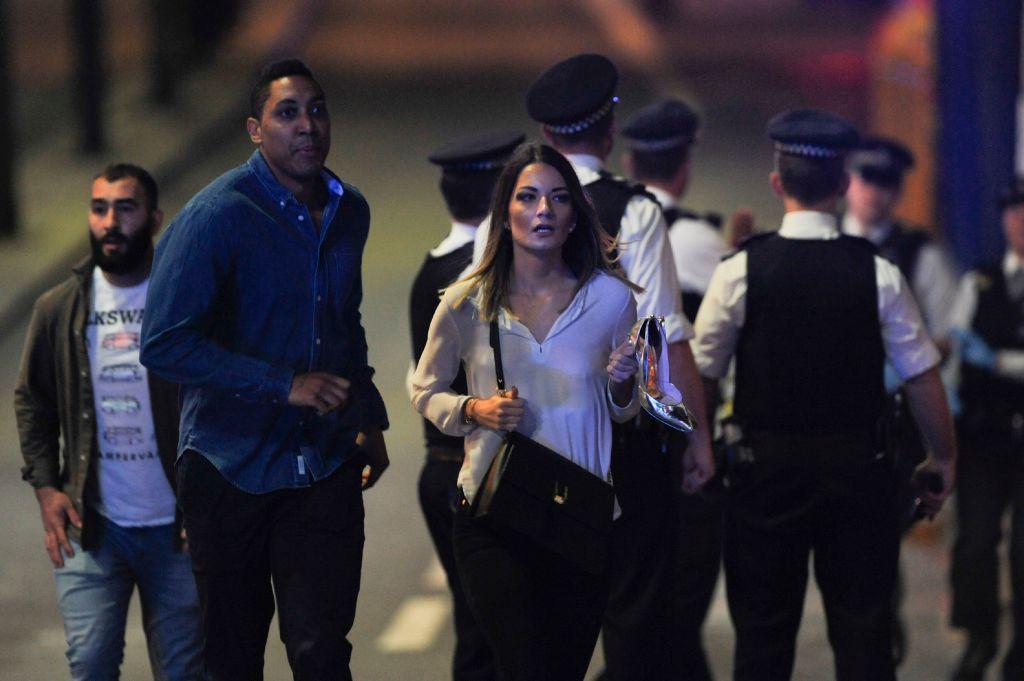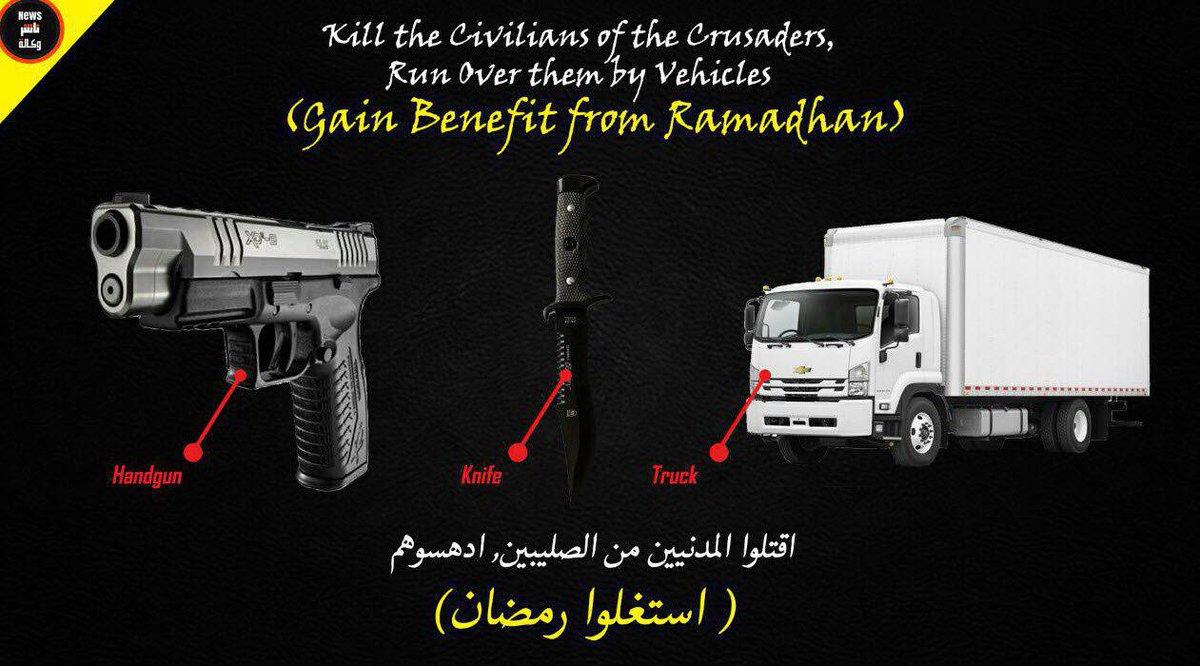Isis tells its followers the rewards for bloodshed are heightened during Ramadan
Muslim holy month – in which the Quran says good deeds are “given manifold reward” – has been twisted by terrorists to become a heightened period of activity for jihadis

Your support helps us to tell the story
From reproductive rights to climate change to Big Tech, The Independent is on the ground when the story is developing. Whether it's investigating the financials of Elon Musk's pro-Trump PAC or producing our latest documentary, 'The A Word', which shines a light on the American women fighting for reproductive rights, we know how important it is to parse out the facts from the messaging.
At such a critical moment in US history, we need reporters on the ground. Your donation allows us to keep sending journalists to speak to both sides of the story.
The Independent is trusted by Americans across the entire political spectrum. And unlike many other quality news outlets, we choose not to lock Americans out of our reporting and analysis with paywalls. We believe quality journalism should be available to everyone, paid for by those who can afford it.
Your support makes all the difference.An Isis-linked media agency has called on would-be extremists to carry out even more Ramadan attacks on members of the public in “low tech” knife, gun and vehicle assaults.
Nashir News Service, which is affiliated with Isis’ official media wing Amaq and operates on messaging app Telegram, implored wannabe jihadis to “kill the civilians of the crusaders … gain benefit from Ramadhan [sic].”
The message from Nashir was posted Sunday, just before an official claim of responsibility was made by Isis for the London Bridge attack on Saturday night which killed seven people and injured 48.
The sentiment was echoed by dozens of sympathisers on the app’s private messaging forums as pro-Isis accounts celebrated the latest atrocity as “the black days we’ve promised” and the “awakening of wolves”.
“In the land of the warrior crusader their [sic] is nothing known as innocent and civilian and no guarding of their blood,” a statement from killed Isis spokesperson Abu Muhammad al-Adnani that was reshared on the platform read.
Adnani, killed in a US air strike in Syria in July 2016, first put out a call for terror attacks marking the holy month in June 2015. According to the Quran, good deeds are “given manifold reward” during Ramadan – a sentiment twisted by Isis to include jihadi attacks.

Since then, Ramadan has become increasingly bloody. The month of fasting and increased prayer began this year on 22 May; just eight days into the month, nearly 200 civilians have lost their lives in five extremist attacks around the world.
London Bridge and the bombings of an Ariana Grande concert in Manchester and an ice cream shop in Baghdad, as well as the storming of a casino in Manila, have all been claimed by Isis.
A further suicide truck bombing in Kabul last week killed at least 90 people, although no claim of responsibility has been made. The Afghan intelligence services believe a wing of the Taliban is to blame.
“This is very atypical in the history of Islam,” Dr Andreas Kreig, an assistant professor at King’s College London’s Department of Defence Studies, told The Independent.
“Ramadan is a month of peace. This new ideology espoused by Isis in the last three years has made it even clearer how removed their beliefs are from most Muslims and most Islam,” he said.
The vast majority of Muslims find the deliberate attacking of civilians during Ramadan particularly abhorrent, Dr Krieg added – which in Isis’ eyes makes them kuffar (unbelievers), and therefore also legitimate targets of violence.
As the organisation continues to lose control of territory in its so-called caliphate across Syria and Iraq, experts believe Isis will increasingly turn towards insurgency tactics and increased terror attacks around the world to prove its enduring legitimacy.
“Al-Qaeda usually uses Ramadan to try and win hearts and minds. Isis doesn’t care. They attract people who are looking for a cause or have death wishes already.
“If what you achieve in martyrdom during Ramadan is greater reward then I fear there will be further bloodshed this month,” Dr Krieg added.
Join our commenting forum
Join thought-provoking conversations, follow other Independent readers and see their replies
Comments